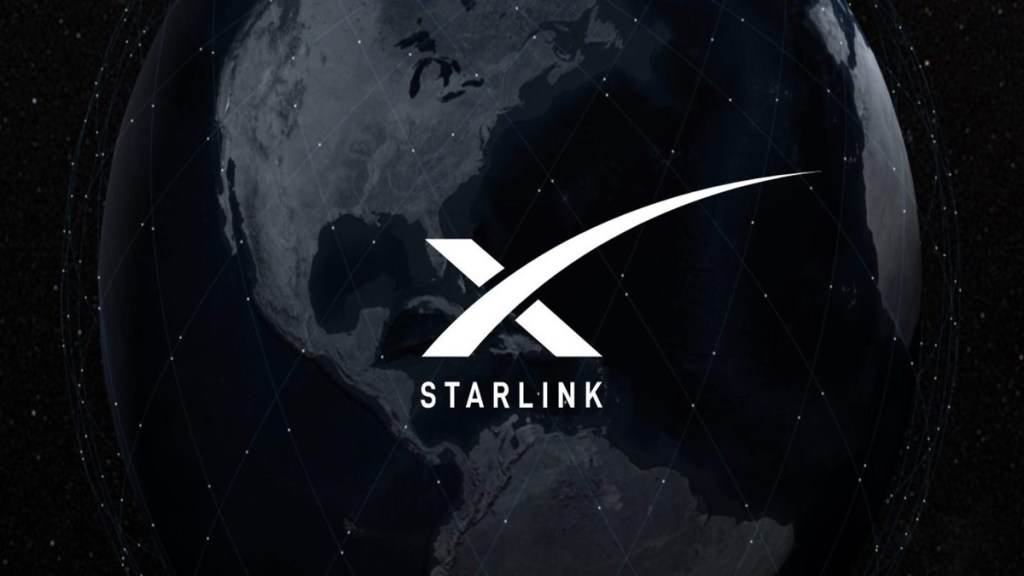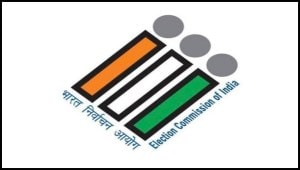By Ojasvi Gupta
Elon Musk’s satellite Internet venture Starlink has secured its final regulatory approval from space regulator, the Indian National Space Promotion and Authorisation Centre (IN-SPACe).
The IN-SPACe nod comes close on the heels of Starlink obtaining a global mobile personal communication by satellite (GMPCS) licence from the department of telecommunications (DoT) last month. With both key regulatory permissions now in place, Starlink joins Eutelsat OneWeb and Reliance Jio-SES as the third satellite communications provider to clear all licensing requirements.
Now Starlink’s commercial rollout, like other satcom licence holders, remains contingent on securing spectrum from the government. While the DoT is expected to grant trial spectrum to facilitate security compliance demonstrations, the final spectrum allocation will hinge on the department’s decision on the Telecom Regulatory Authority of India’s (Trai) recent recommendations regarding satellite spectrum pricing and allocation methodology.
Until the spectrum allocation happens, the company plans to begin setting up key infrastructure, including three ground gateway stations across India and a local command-and-control centre to ensure national security compliance and network management.
Starlink’s approach targets both business-to-business (B2B) and business-to-government (B2G) segments in the initial phase. Consumer services could follow shortly, with the company expected to open direct-to-consumer subscriptions via its website. Pricing details, however, are still being finalised. Industry insiders estimate monthly service fees could range between Rs 3,000 to Rs 7,000 depending on location and package, accompanied by a one-time hardware purchase of a satellite dish and router likely costing between Rs 20,000 to Rs 35,000.
While Starlink is positioned for a near-term launch pending spectrum allocation, its primary competitor, Amazon’s Project Kuiper is yet to receive its GMPCS licence from the DoT or the space authorisation from IN-SPACe, despite reportedly clearing all security checks. Its proposal is scheduled to be reviewed in the next inter-ministerial committee meeting.
Amazon’s Kuiper plans a broader initial footprint in India compared to Starlink, with proposals for ten gateway stations and two points of presence in Mumbai and Chennai. This dwarfs Starlink’s proposed three gateways and highlights the intense competition brewing in the emerging satcom market. Kuiper, too, aims to service enterprise, government, and consumer segments once cleared to operate.








